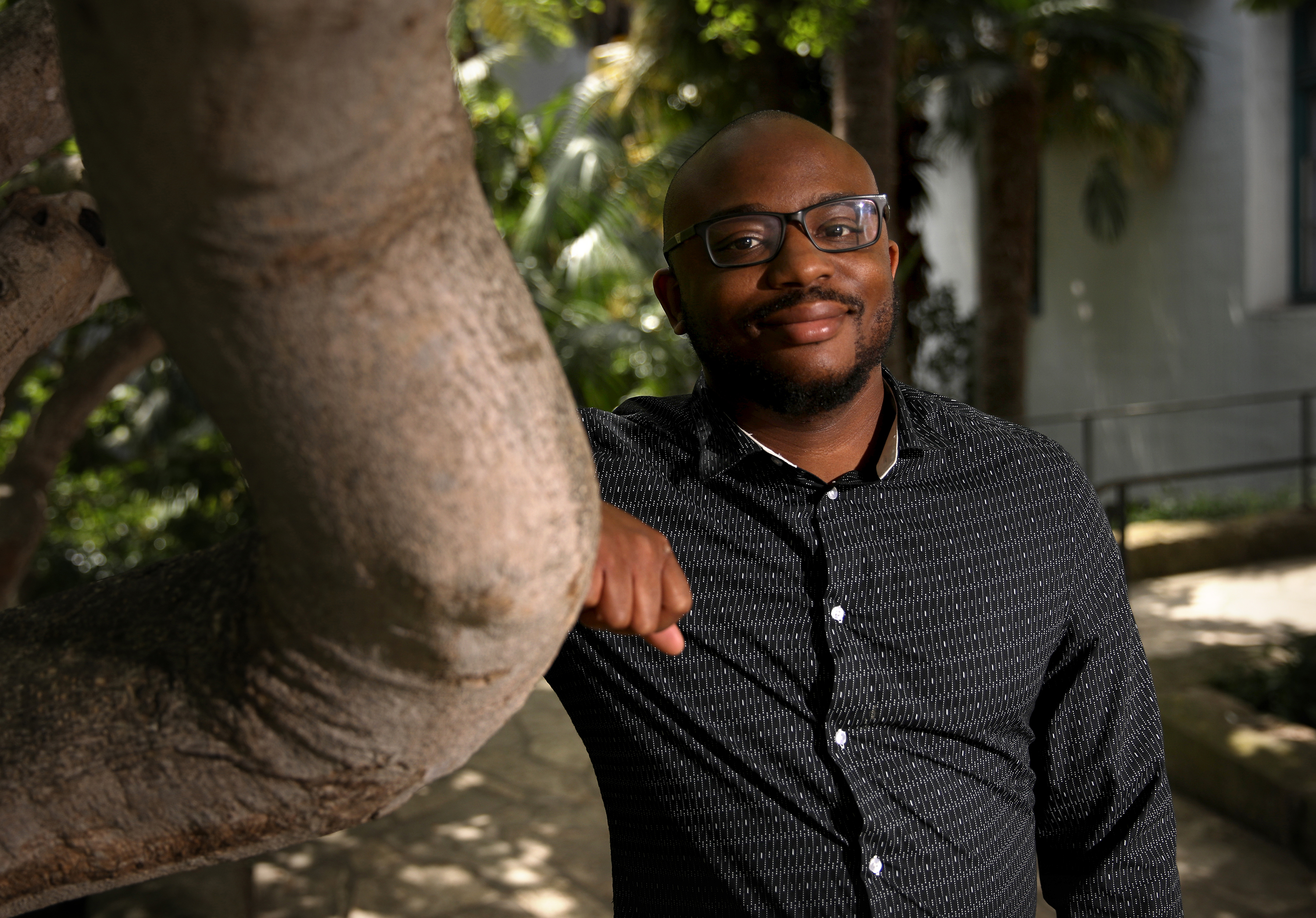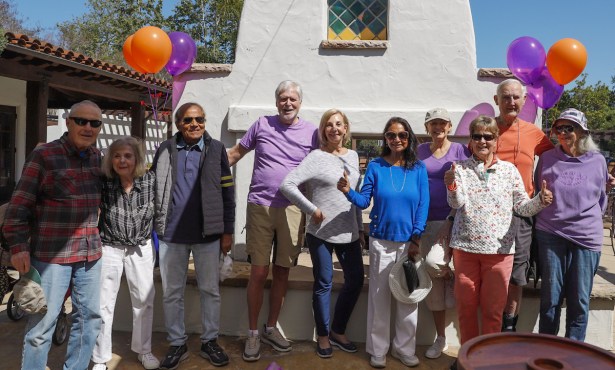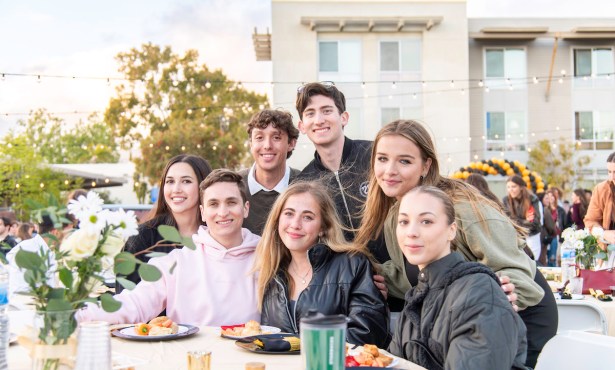My Lifelong Search for Liberty and Justice
Every Decision a Black Person Makes Takes into Account the Implicit Bias Inherent in Our Society

When I was a child, I remember taking pride in reciting the pledge of allegiance to begin the school day.
The thought of living in a country that aspires to provide liberty and justice for all gave me a warm, fuzzy feeling inside.
I say “aspires to provide liberty and justice for all” because even as a very young black boy I knew this country did not live up to the pledge’s mandate. I knew I was the ancestor of slaves. I knew that law enforcement could be dangerous regardless of innocence or guilt. I could sense the anxiety caused by the lived experiences of my family. I had heard the stories and seen enough firsthand before I could even read to know that the stories were true.
Get the top stories in your inbox by signing up for our daily newsletter, Indy Today.
As a black man, I have had a good and relatively easy life so far. I’m a college graduate. I have a beautiful family. I have no criminal record whatsoever, and I get to live out my passion of sports writing for a publication I believe in.
But I didn’t get here by accident. A figurative village of counselors took me in and molded me into who I am today.
Some of those people were police officers. Al Brown, Bill Lewis, and Hollis Lee were some of my mentors with the 100 Black Men of Orange County’s Passport to the future program during my high school years from 2002 to 2006.
Brown was the chief of the UC Irvine Police Department, Lewis was a sergeant in the Westminster Police Department, and Lee was a retired LAPD officer. We would meet with them among several other black professionals in the community every other Saturday to learn about topics not covered in school such as conflict resolution, black history, financial literacy, and how to interact with police.
These men would debate with us about current events and have us set realistic goals for the future. If a young man said his goal was to play in the NBA, they wouldn’t necessarily shut him down, but they would make him connect the dots with questions. What travel ball team do you play for? Are you on varsity at your high school? Who are your personal trainers? Did you make the all-county team? The questions made sure we stayed on track for whatever our goals were.
If not for the foresight of my parents to engage me in a program that gave me the tools to navigate a society that has yet to come to terms with its original sin, my outcomes could be drastically different.
Systematic racial inequality is sewn into the fabric of our society, and it goes far beyond police brutality or the shortcomings of our criminal justice system overall.
Every decision a black person makes takes into account the implicit bias that is inherent in our society.
I recently noticed that I was taking my 2-year-old son on my walks around the neighborhood, not just because he wanted to go, but because he made me feel safe.
With my son in his stroller, I was no longer a menacing black man, but a loving father as evidenced by virtually every interaction on the street.
When I was 21 years old, I had a gun pulled on me by a police officer because there were the remains of a softball bat under my seat that he considered a weapon. My girlfriend at the time played softball for UCSB, and it was her car. I didn’t even know the bat was there. I was able to calm down the officer and de-escalate the situation, but the trauma remained.
A split second is all it takes for a misunderstanding to become a death sentence.
At the age of 23, I was pulled over five times during that year and never received a ticket. The various officers always had an excuse for pulling me over, but not once had I broken the law. The lessons of officers Brown, Lewis, and Lee were invaluable during those situations.
Unfortunately, every young black man isn’t as fortunate as I am. Their parents almost certainly gave them “the talk” about how to interact with police and stay above reproach, but it may not be enough.
An entire curriculum is necessary to prepare a black person for the pitfalls and obstacles they will face from generational poverty to the not-so-friendly neighbors who are so quick to weaponize the police against us.
The only problem is we can never reclaim that time, energy, and effort. You don’t get back every other Saturday.
The pledge of allegiance no longer resonates with me the way it did when I was a kid. The warm, fuzzy feeling is overwhelmed by a strong dose of reality. We are still fighting for what our parents fought for, what our grandparents fought for, and what generations of black people in bondage dreamed of.
It’s 2020, and we can’t leave this work to another generation. At this point, “justice delayed is justice denied.”
Victor Bryant is a sports writer for the Santa Barbara Independent. He has been a resident of Santa Barbara for 14 years and completed his undergrad at UCSB in 2011. He also serves as a catalog/schedule specialist at SBCC and his wife, Brandi Rivera, is the current publisher of the Independent.



